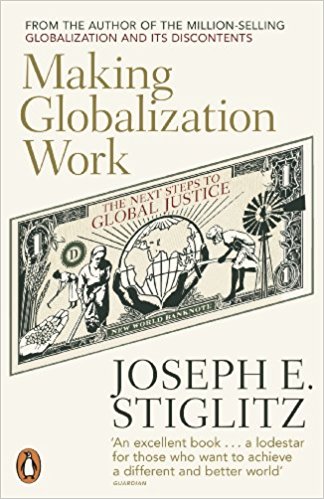In the intellectual debates and discourses in the social sciences, for almost three decades now, ‘globalization’ has been a much talked about and bitterly contested theme. It has both been praised and pilloried in substantial measure, and there is little reason to believe that the dust will settle in the foreseeable future. Partly such an outcome is an inevitable consequence of irreconcilable perspectives and concerns, but it also has to do with the fact that globalization is a moving target and thus we have a spectrum of trajectories and a plurality of meanings. Nonetheless, it may not be off the mark to suggest that the recent experiences of globalization have largely been contextualized within the ideology and policy regime of laissez faire, or, to use a phrase much in currency these days, ‘market fundamentalism’. It is quite apt to characterize, as many researchers do, such a globalization as neoliberal globalization. As regards the balance sheet, in terms of economic outcomes of neoliberal globalization over the last three decades, most observers would agree that the debit side of the ledger has started causing much concern even to the cheer leaders (of globaliztion), and there is a growing list of mainstream economists voicing their discomfort for several reasons.
For instance, just to name a couple of eminent economists who have joined the bandwagon in recent times: Paul Samuelson’s worry is that the interests of the United States of America have been hurt badly by a globalized China; Lawrence Summers, (nick-named as ‘Mr Globalization’ by Dani Rodrik for his earlier ardent advocacy), has now ‘discovered’ the risk of globalization-driven race to the bottom through dilution of national regulations; Alan Blinder has expressed serious concern about the economic battering confronting the labour force in the US; and so on.

